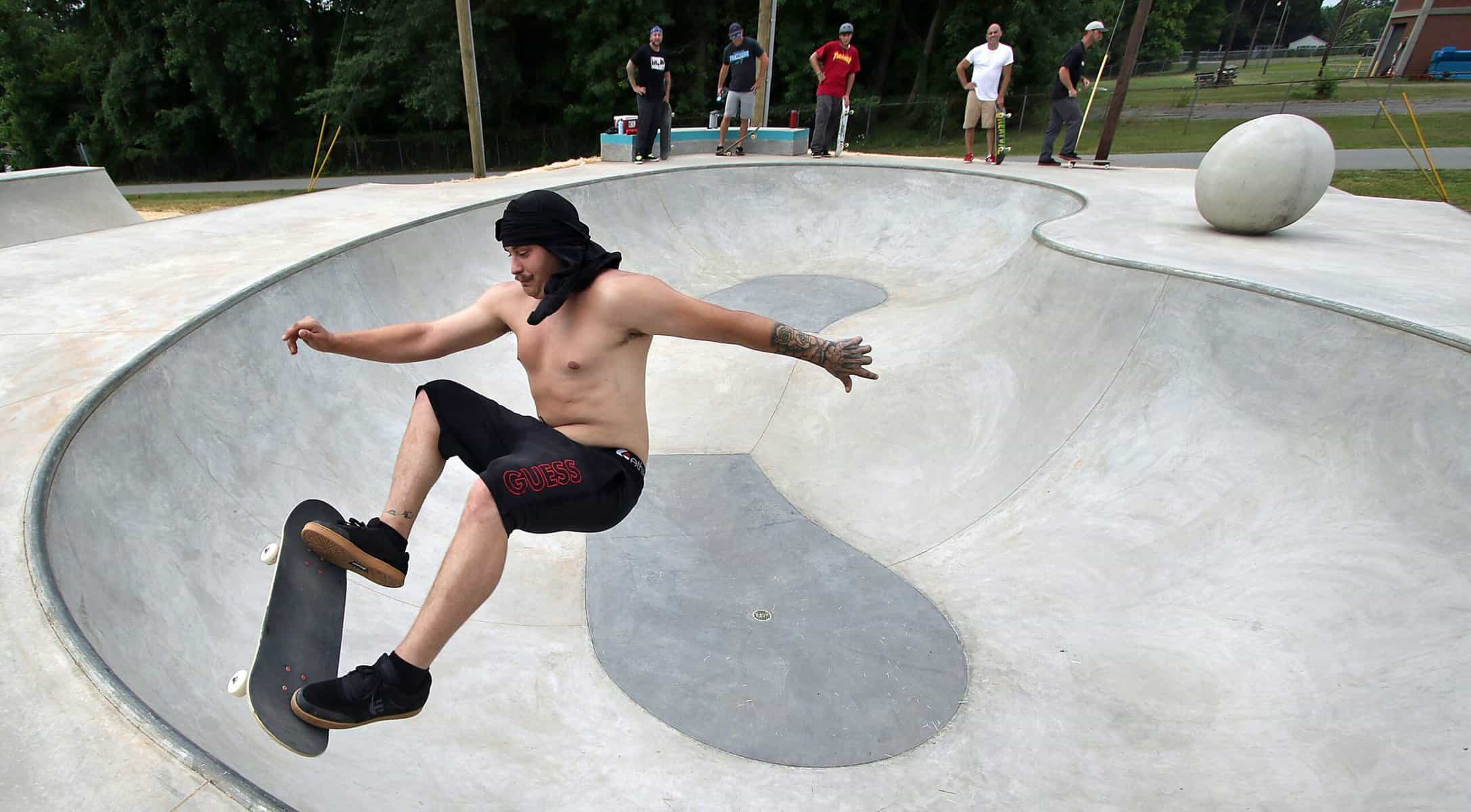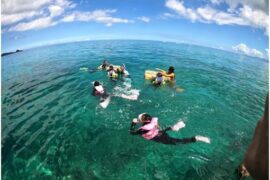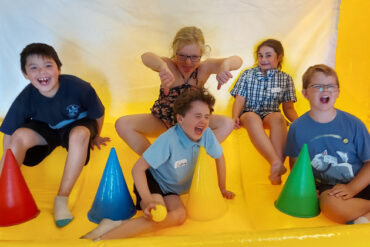Skateboard Parks: A Parent’s Guide to Safety, Fun, and Skill-Building
Hello wonderful parents out there! Are you on the lookout for an activity that will not only keep your little adventurers active and outdoors but also help them develop some serious skills? Congratulations, because you’re considering one of the coolest sports on the block – skateboarding! Skateboard parks can be exhilarating places for kids and teens, but they come with their own set of considerations for careful parents like you. Join us as we glide through this comprehensive guide to navigate the ups and downs of skatepark adventures safely and joyfully.
Why Skateboard Parks Are Awesome
First things first, let’s talk about why skateboard parks are just plain awesome. It’s not just about the thrills and the spills (though those can be pretty spectacular). Skateboard parks offer a unique combination of physical exercise, creativity, community, and a sense of accomplishment as kids learn new tricks and hone their skills. Plus, it’s a fantastic way for them to unplug from their screens and enjoy the great outdoors.
Safety Gear is a Must
Before your kids step onto a skateboard, make sure they’re geared up with the right safety equipment. A durable, well-fitted helmet is non-negotiable, along with knee pads, elbow pads, and wrist guards. Research and invest in quality gear that meets safety standards – it’s the armor that protects your precious ones.
Choosing the Right Gear
- Helmets: Look for one that fits snugly. A helmet should sit on the head without moving side-to-side, and should not be able to roll off the head when the chin strap is secured.
- Protective Pads: Pads should be sturdy yet comfortable, allowing for a full range of motion without slipping off.
- Skate Shoes: Footwear is also a part of the safety gear. Proper skate shoes provide the necessary grip on the skateboard, reducing slips.
Remember, stylish doesn’t always mean safe. Prioritize functionality and protection over trends when it comes to safety gear.
Skatepark Etiquette 101
Just like any other community space, skateparks have their own rules and etiquette. It’s crucial for kids to learn these unwritten laws not just to avoid collisions but also to show respect for other skaters. Teach your children to wait their turn, be mindful of their surroundings, and never sit on the ramps. Encouraging sportsmanship and respect will enhance everyone’s experience.
Respect the Space and Fellow Skaters
Skateboard parks are shared spaces that thrive on mutual respect. It’s important for every member, big or small, to understand their responsibility in maintaining the park’s environment. Guide your children to keep the park clean, look out for younger or less experienced skaters, and to be inclusive.
Stay tuned as we continue to unpack this guide, offering more insights on how to support your child’s skateboarding journey! Next up, we’ll delve into understanding the benefits of skateboarding, selecting the perfect skateboard park, and how to nurture your kid’s passion while setting appropriate boundaries. Let’s keep the wheels rolling safely and fun intact!

The 5 Things Parents Should Know in Preparing for Skateboard Parks
1. Skill Level Matters
Understanding your child’s skill level is critical before heading to the skatepark. Beginners might find some parks overwhelming, so look for parks with beginner-friendly areas or specific times when beginners can practice freely. Starting off with basic skills and safety in mind ensures a smoother transition to more advanced maneuvers.
2. The Right Board Makes a Difference
Not all skateboards are created equal. Depending on skatepark terrain, certain boards will be more suitable than others. Park skateboards generally have smaller wheels and are lighter, making them great for ramps and bowls. Make sure the board is appropriate for your child’s size and the park’s features.
3. Supervision and Support
While your presence might feel like an intrusion into their independence, younger children benefit greatly from parental supervision at the skatepark. Not only can you ensure they’re safe, but you can also encourage them, help them navigate interactions with other skaters, and cheer on their progress!
4. Familiarize with the Park Layout
Before your kid jumps into the action, take a moment to walk around the park together. Identify potential hazards, such as steep drops or complex structures, and areas that might be more crowded. This will help both of you understand where they might want to skate and where to be extra cautious.
5. Hydration and Snacks
Skateboarding is physically demanding. Ensure your child stays hydrated and energized by packing water and healthy snacks, especially during warmer days. Proper nutrition will help them maintain their energy levels for a safe and enjoyable time at the park.
As you prepare for the skatepark visit, remember that while safety is paramount, this is also an opportunity for you to bond with your child and immer-fun in their interests. A positive, encouraging, and safety-conscious approach will be key to a wonderful experience for your family at the skateboard park.
With these preparations in mind, you and your child are ready to enjoy the skateboard park to the fullest. There’s a whole world of flip tricks, grinds, and aerials waiting to be explored. So gear up, practice those high-fives, and watch your youngster embark on a journey that is sure to be packed with excitement, learning, and memorable moments. Skateboarding isn’t just a sport—it’s a way for your child to express their creativity, meet new friends, and grow in confidence. And you, dear parent, get a front-row seat to all the action. Let the good times roll!
For more great fun click here. For more information see here
Disclaimer
The articles available via our website provide general information only and we strongly urge readers to exercise caution and conduct their own thorough research and fact-checking. The information presented should not be taken as absolute truth, and, to the maximum extent permitted by law, we will not be held liable for any inaccuracies or errors in the content. It is essential for individuals to independently verify and validate the information before making any decisions or taking any actions based on the articles.




